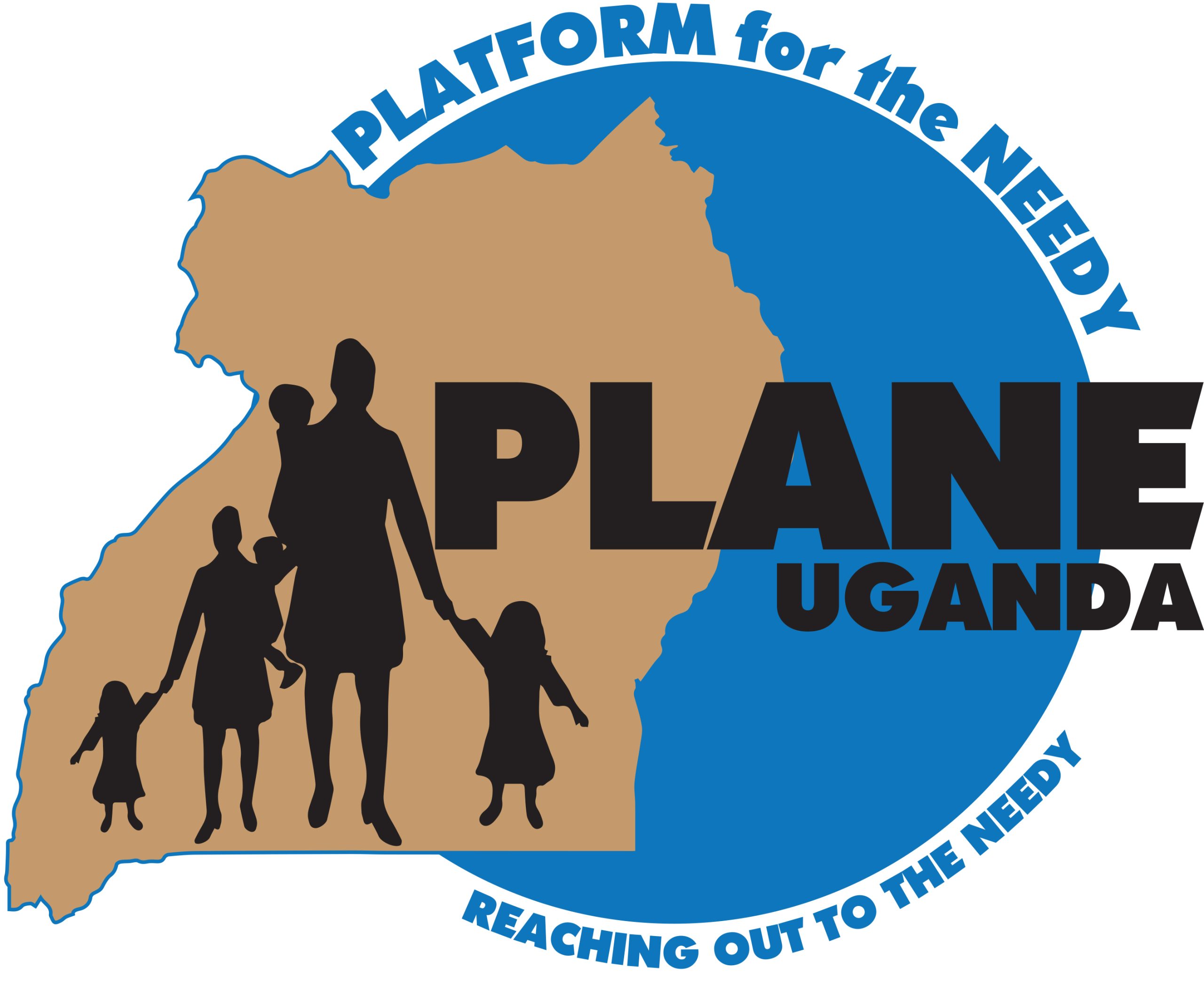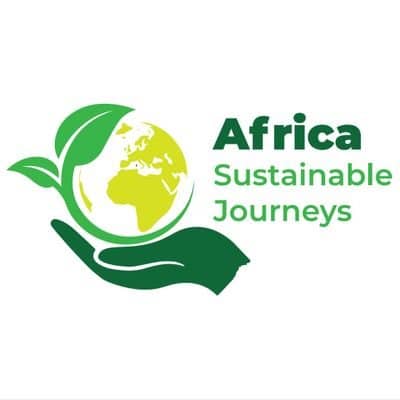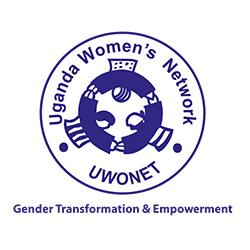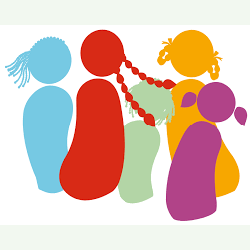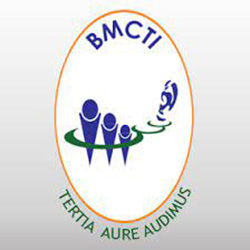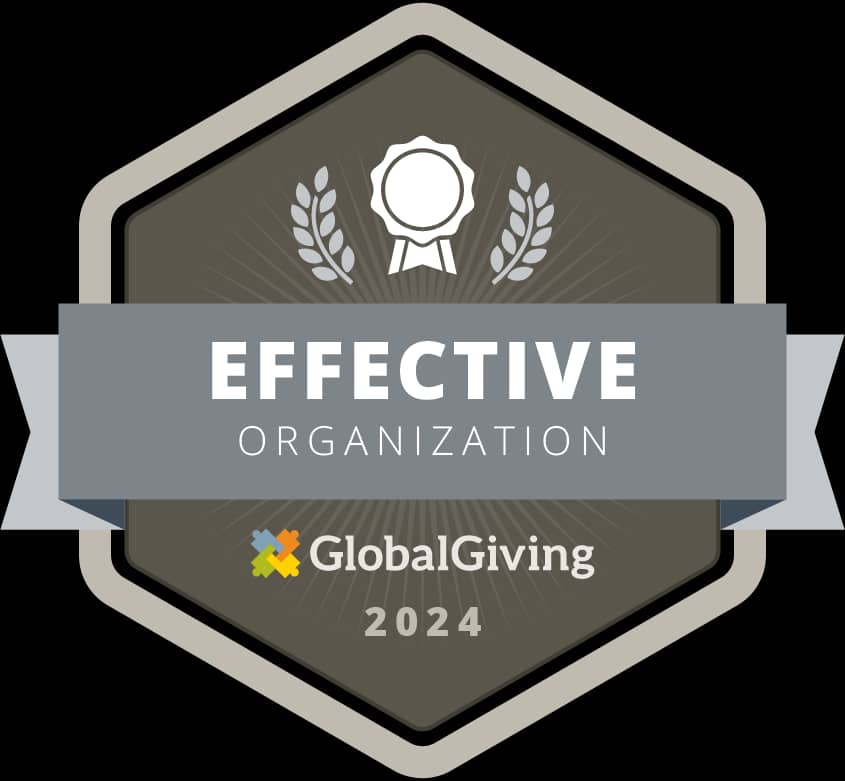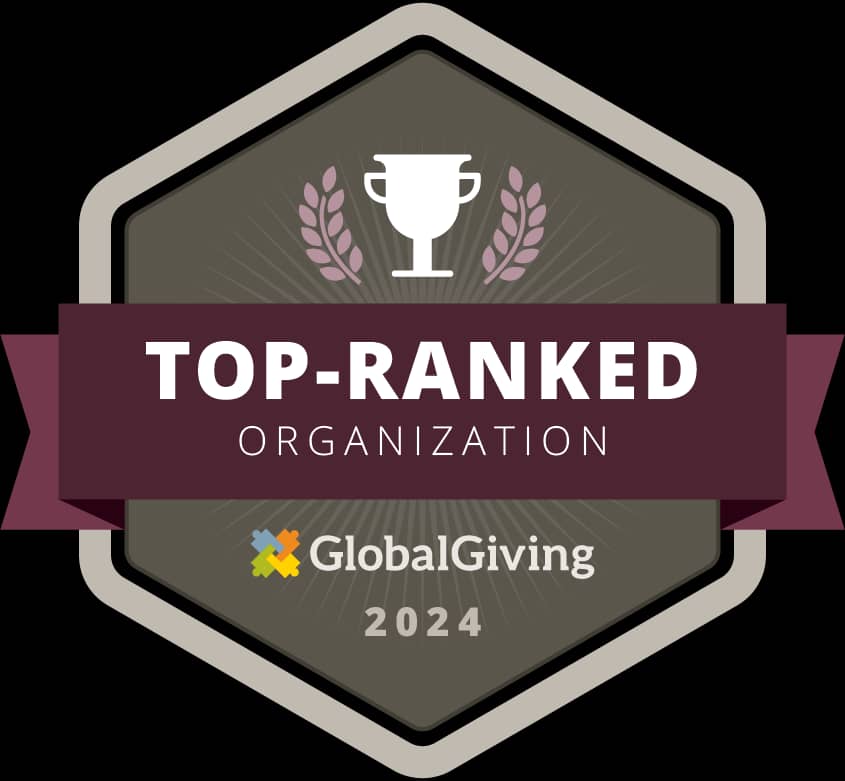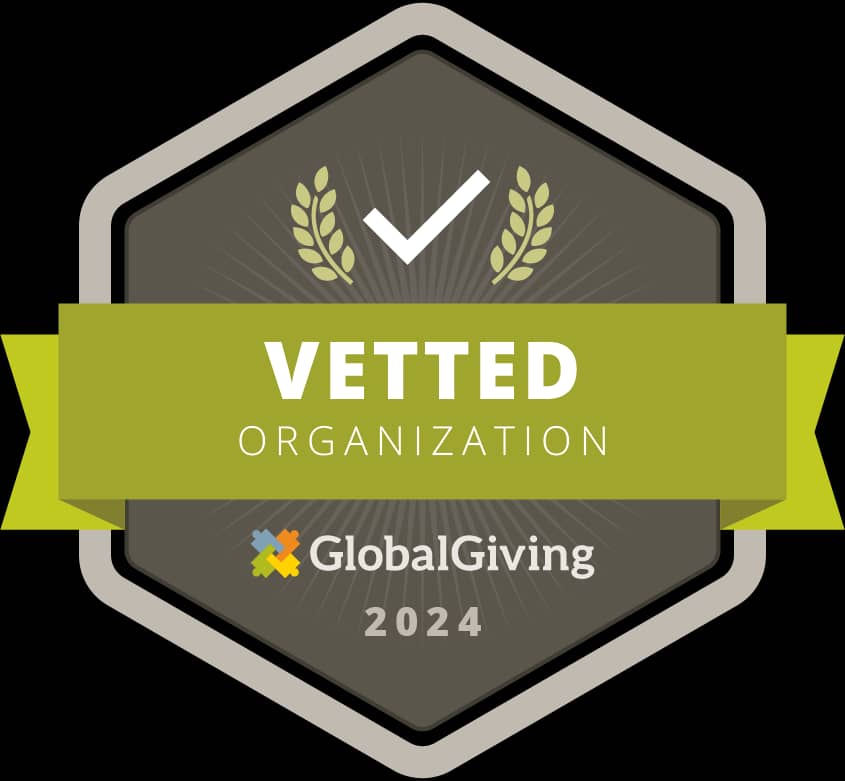
By Farooq -Canada
In 1990, Uganda took a big step for children’s rights by ratifying the United Nations Convention on the Rights of the Child. This was crucial for ensuring that Ugandan children receive their basic rights, including education. However, thirty years later, Uganda faces an education crisis known as learning poverty. Learning poverty means that children up to age 10 cannot read and understand a simple text. In Uganda, this affects 83% of children.
Poverty: The Main Barrier
The main barrier to education for Ugandan children is poverty. From an early age, poverty keeps children out of school, stopping them from becoming financially independent and contributing to the economy. Despite over two dozen United Nations entities in Uganda, there is still an education access crisis.
Cost of Pre-Primary Education
One major barrier starts with the cost of pre-primary education for children aged 3-5. This early education is crucial. Missing it has lifelong impacts, keeping the cycle of poverty and poor educational outcomes going. Many parents can’t afford pre-primary education fees, especially those in rural areas and low-income families. Without this early education, children are more likely to struggle in primary school and drop out entirely.
Benefits of Pre-Primary Education
Children who attend pre-primary education have a two-year advantage when they start primary school. However, most early education centers are in central and eastern Uganda, leaving 80% of children in poverty and rural areas without access.
Call to Action
To address education barriers like pre-primary education costs, we need more research and solutions for children in rural and low-income areas. By focusing on early education with lifelong benefits, we can inspire more involvement and find ways to help Ugandan children get the education they deserve.
Conclusion
Improving access to pre-primary education in Uganda is key to breaking the poverty cycle and ensuring better educational outcomes. By tackling this foundational issue, we can help Ugandan children reach their potential and contribute to their country’s growth.
